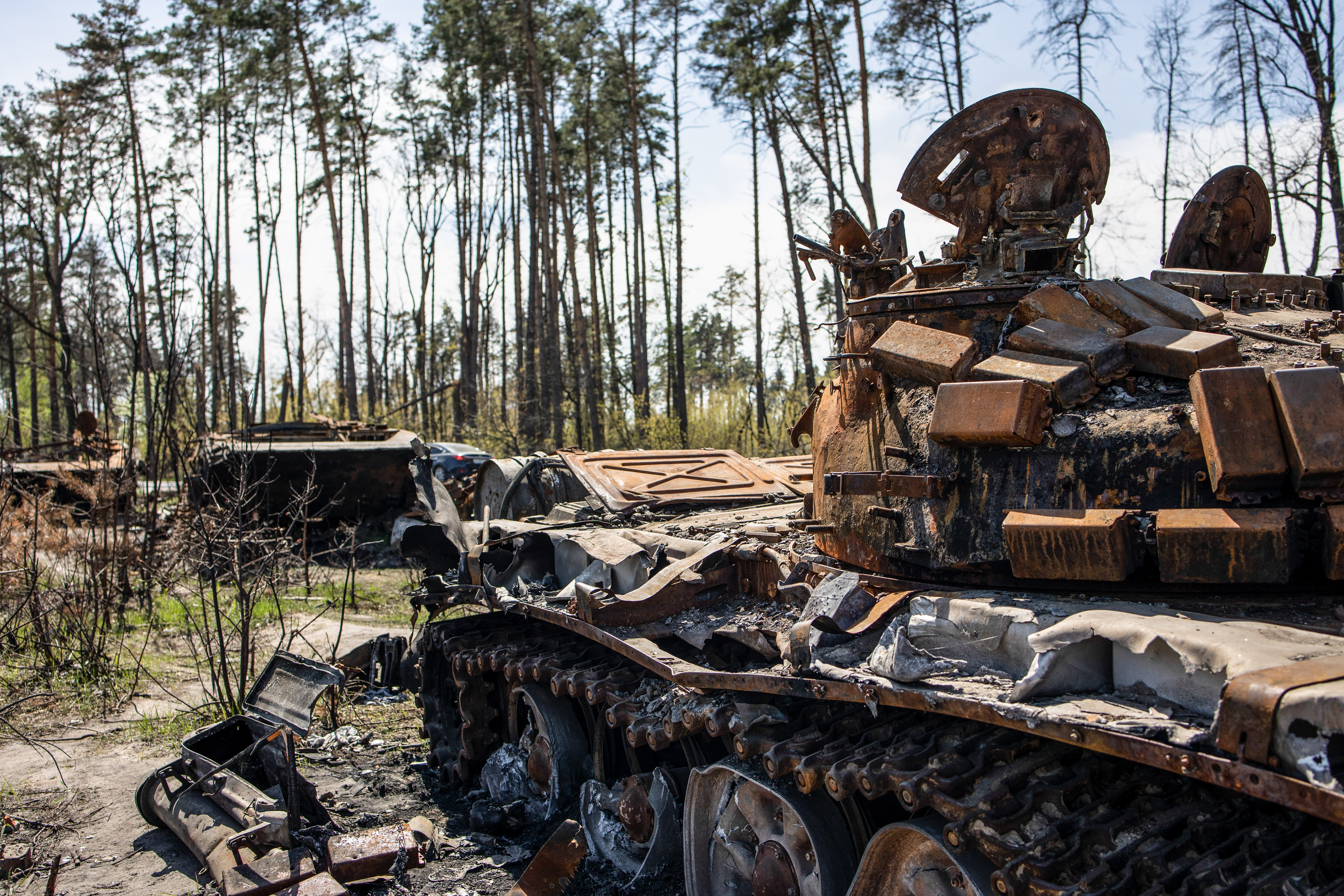 |
| https://www.brookings.edu/articles/interim-security-insights-and-implications-from-the-first-two-months-of-the-russia-ukraine-war/ |
I enjoyed exploring stories from The American Conservative and Antiwar.com. Antiwar.com’s tagline reads “Your best source for antiwar news, viewpoints, and activities.” Many of the current top stories on Antiwar.com are related to the ongoing war in Ukraine, especially the United States’ involvement in the war. The American Conservative, whose tagline includes, “embraces realism and restraint in foreign affairs based on America’s vital national interests,” features a wider variety of stories, all with a conservative, right-leaning viewpoint. Recent stories on The American Conservative include those discussing US defense pacts and many written about the war in Ukraine. Overall, a large portion of both websites is dedicated to the American government’s involvement in the war between Ukraine and Russia.
It is quite uncommon to see so many antiwar stories on mainstream news networks. I can’t recall seeing any stories from left-leaning networks such as CNN or NBC discouraging US involvement in the war, and have only seen similar stories from right-leaning networks like Fox News. Historically, antiwar voices have always been discouraged or silenced in the media. The Alien and Sedition Acts of 1798 briefly allowed the government to prosecute people who criticized the government, especially those expressing antiwar sentiments. While all but one of these acts were repealed within a few years, the government, and society, still finds ways to suppress antiwar voices.
The government has, at times, used laws such as the Espionage Act to suppress dissent. Today, it is likely that the government attempts to suppress certain voices by pressuring social media and news companies, and society as a whole can also help to hide antiwar ideas. Wartime generally helps to unify citizens in support of the war, and, if a majority (or a large enough group) of people support the war, they can discourage or cover up the dissenting opinions shared by others. Regardless of the situation, it is vital that voices of agreement and disagreement be shared and publicized, to maintain a free society.
https://firstamendment.mtsu.edu/article/free-speech-during-wartime/
https://www.theamericanconservative.com
https://www.digitalhistory.uh.edu/disp_textbook.cfm?smtID=3&psid=3904
https://www.archives.gov/exhibits/treasures_of_congress/text/page5_text.html

No comments:
Post a Comment